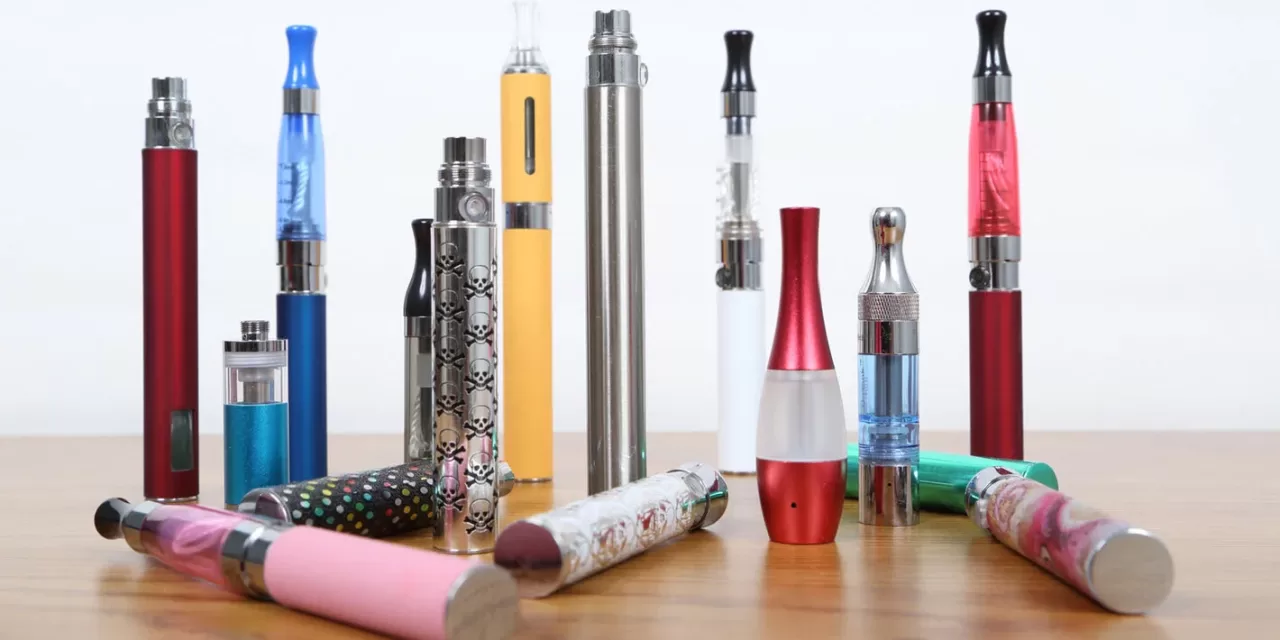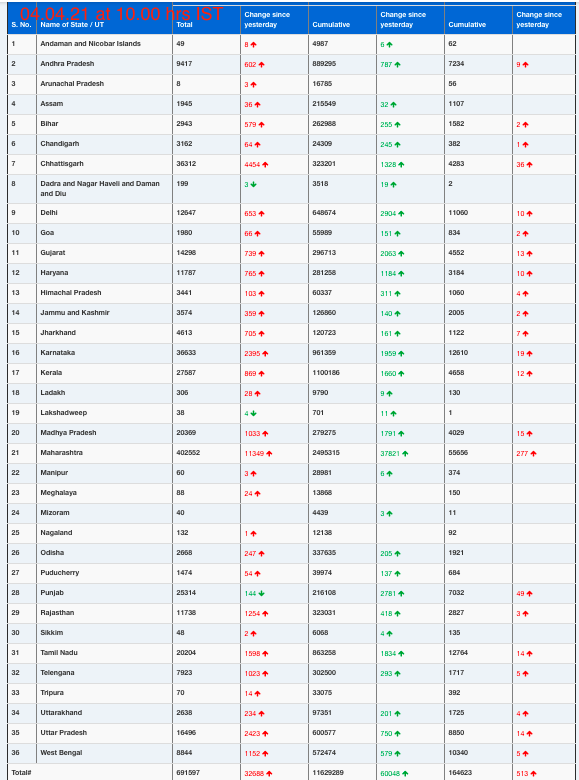With the recent prohibition on the utilization and promotion of electronic cigarettes within Venezuela, multiple nations across the Americas are embracing measures consistent with the World Health Organization’s (WHO) Framework Convention on Tobacco Control (FCTC) to safeguard the well-being of their citizens from emerging tobacco-related products.
Dr. Anselm Hennis, Director of Non-Communicable Diseases Mental Health at the Pan American Health Organization (PAHO/WHO), remarked, “The resolution governing new and emerging nicotine and tobacco products in Venezuela marks a significant advancement for both the country and the broader region. We trust that this action serves as an inspiration for other nations to address these products, which are addictive, harmful, and disproportionately marketed towards the youth.”
Presently, electronic nicotine delivery systems (ENDS), encompassing e-cigarettes and vapes, are regulated in some capacity by 21 countries in the Americas. Among them, eight countries (Argentina, Brazil, Mexico, Nicaragua, Panama, Suriname, Uruguay, and Venezuela) have entirely prohibited their sale, while the remaining 13 have adopted partial or comprehensive regulatory measures. In contrast, 14 countries have yet to enact any regulations concerning these products.
In the previous June, the Venezuelan Ministry of Popular Power for Health had already banned the sale of vapes to minors. Now, as of August 1, the latest resolution prohibits various aspects encompassing “the production, storage, distribution, circulation, commercialization, importation, exportation, use, consumption, advertising, promotion, and sponsorship of ENDS and electronic non-nicotine delivery systems (ENNDS)”, along with their associated “consumables”, “accessories”, and “heated tobacco products”.
E-cigarettes constitute the most prevalent form of electronic nicotine delivery systems. They function by heating a liquid, generating aerosols inhaled by users. These “e-liquids” contain nicotine, an extremely addictive substance found in tobacco, as well as additional additives, flavorings, and chemicals—some of which are detrimental to both users and those exposed to the emissions.
PAHO/WHO underscores the importance of governments adopting regulations aligned with the stipulations of the FCTC and its decisions. These measures encompass prohibiting the marketing, importation, distribution, and sale of ENDS, as well as implementing usage regulations in public spaces, proscribing advertising and promotion, imposing taxes, and instating comparable regulations to those governing traditional tobacco products.
Tobacco usage is responsible for one million annual fatalities within the Region of the Americas. Despite achievements since the enactment of the FCTC in 2005—leading to a reduction in the prevalence of smokers from 28% of the total population in 2000 to 16.3% in 2020—progress is jeopardized by emerging tobacco and nicotine products.
At present, 11.3% of adolescents aged 13 to 15 within the region use tobacco, surpassing the global average of 10.3%.













